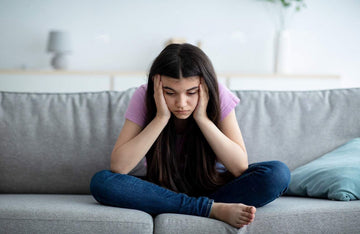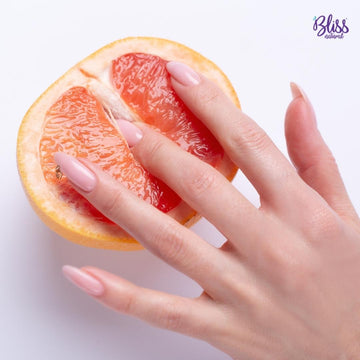The Periodic Cycle
We’ve all heard that our menses should be synchronized to a specific date of the month, and that not getting periods on time is an indication of an underlying health concern that could lead to fertility issues in the future. A typical menstruation cycle lasts between three and seven days and repeats every 24 to 32 days.
Anything more than that, or not receiving your period for months at a time, is unhealthy and could be caused by amenorrhea. However, it has been observed that irregular periods are a common concern among teenagers and adolescents, prompting the query, “What are irregular periods?” Is it normal for a teen to have irregular periods? What are the causes of teenage girls’ irregular periods?
Menarche: An Introduction
When the body sheds its endometrial layer for the first time and begins to bleed, this is known as menarche or the start of the first menstrual cycle. The following changes occur in a woman’s body throughout this process:
1.This process normally begins around the age of 13 and is characterised by the development of secondary sexual features such as pubic hair and breasts.
2.Periods are caused by the ovaries releasing eggs that are not fertilized and are finally expelled by the uterus, which then attaches itself to the endometrial layer, which sheds once a month.
3.Periods often begin at the age of 12 years, although they can begin as early as 8 years old or as late as 16 years old, depending on a variety of factors such as the environment, lifestyle, and family history.
When periods do not occur every month during adolescence, many parents become concerned, but let us assure you that irregular periods in adolescence are pretty frequent and not a cause for alarm.
Teens’ Irregular Periods
Teens have irregular periods, and it’s not uncommon for them to go months without having a period in the first year or two of the menstrual cycle. This is why:
1.Long and irregular menstrual periods are common in the first few years after menarche and are probably not cause for concern.
2.This is known as the anovulatory phase, because the body is not ovulating on a monthly basis during this time.
3.This is a regular occurrence among teenagers who have extensive periods between them. The teen body is still getting used to the monthly cycle of ovulation and hasn’t completely settled into this rhythm.
However, once it recognizes the changes in the body and the hormones produced by it, ovulation will resume as usual, and menstrual cycles will be regular and predictable.
When Should You Worry About Irregular Periods?
It’s time to seek medical advice if a girl has her first period with the development of secondary sexual features but hasn’t had another one in at least a year. This is because teen amenorrhea, also known as primary amenorrhea, might indicate underlying health concerns that affect a young woman’s body and fertility. Some of the causes of irregular menstruation in teenage girls are listed below:
Syndrome of Polycystic Ovary (PCOS)
Polycystic Ovary Syndrome, often known as PCOS, is a condition in which the ovaries develop cysts or fluid-filled sacs that slow or block the release of the egg from the ovaries. A physical check, such as sonography, may be required to determine this, but excessive weight loss or gain, excessive hair growth, and long, irregular, and painful periods are additional indications of PCOS. This illness is normally treated with hormone medication, and it is fairly prevalent, affecting nearly one in every eleven women.
Exercising Too Much
Teens are high-energy individuals who have their entire day planned out. They rarely sit down and engage in high amounts of physical activity, which might lead to irregular periods. When combined with insufficient calorie intake, your teen may be in desperate need of nutrition and relaxation so that their body does not overwork itself with period problems. Taking a couple of days off and putting them on a healthy eating regimen should get their creative juices flowing.
Other factors
Pregnancy? Don’t be shocked, though. We must all ensure that our teenagers receive proper sex education. Period irregularities can be caused by pregnancy, no matter how unlikely. Sharing information on sex education, menstruation, and birth control with your teen will not only help her understand her options, but will also ease the transition into womanhood. Aside from that, certain genetic abnormalities or underlying family history difficulties can also be a cause of irregular periods, therefore it’s a good idea to have them examined for these.
We can certainly appreciate mothers’ concerns about their daughters’ irregular periods. In contrast to their elders, however, irregular periods are simply an indication of the body adjusting to this new stage of life. Instead of panicking, talk to your teen and reassure them that everything is fine.
Message from bliss pads
Yes, you can feel like your best self when on your period.
Shop now
www.blisspads.com





